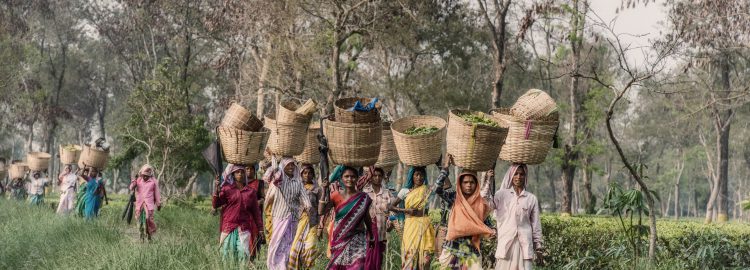A new GLO Discussion Paper uncovers patterns of transition into and out of different classes of the consumption distribution in India over a quarter century.
The Global Labor Organization (GLO) is an independent, non-partisan and non-governmental organization that functions as an international network and virtual platform to stimulate global research, debate and collaboration.
GLO Discussion Paper No. 535, 2020
Welfare Dynamics in India over a Quarter Century: Poverty, Vulnerability, and Mobility during 1987-2012 – Download PDF
by Dang, Hai-Anh H. & Lanjouw, Peter F.
GLO Fellow Hai-Anh Dang
Author Abstract: We analyze the Indian National Sample Survey data spanning 1987/88–2011/12 to uncover patterns of transition into and out of different classes of the consumption distribution. At the aggregate level, income growth has accelerated, accompanied by accelerating poverty decline. Underlying these trends is a process of mobility, with 40–60 percent of the population transitioning between consumption classes and increasing mobility over time. Yet, the majority of those who escape poverty remain vulnerable. Most of those who are poor were also poor in the preceding period and, thus, are likely to be chronically poor. The characteristics of upwardly mobile households contrast with those of the poor; these households are also far less likely to experience downward mobility. We also find that states exhibit heterogenous mobility patterns.
GLO Discussion Papers are research and policy papers of the GLO Network which are widely circulated to encourage discussion. Provided in cooperation with EconStor, a service of the ZBW – Leibniz Information Centre for Economics, GLO Discussion Papers are among others listed in RePEc (see IDEAS, EconPapers). Complete list of all GLO DPs – downloadable for free.

Note featured image: Photo-by-Trevor-Cole-on-Unsplash-scaled
Ends;

